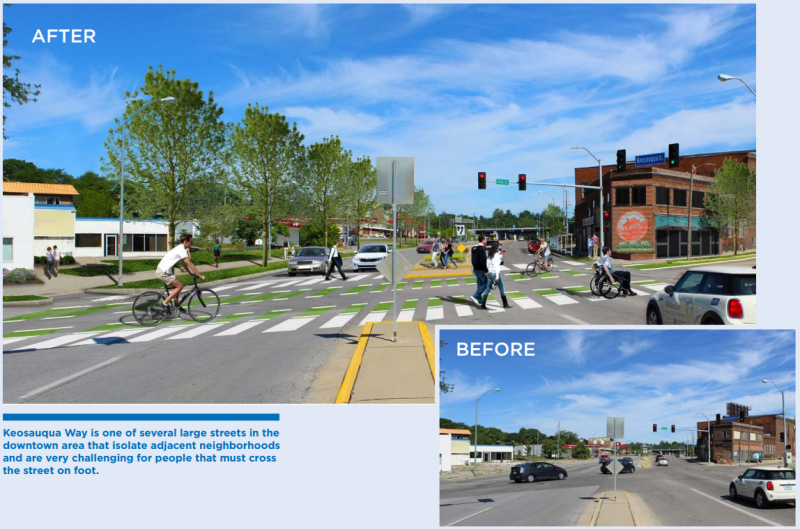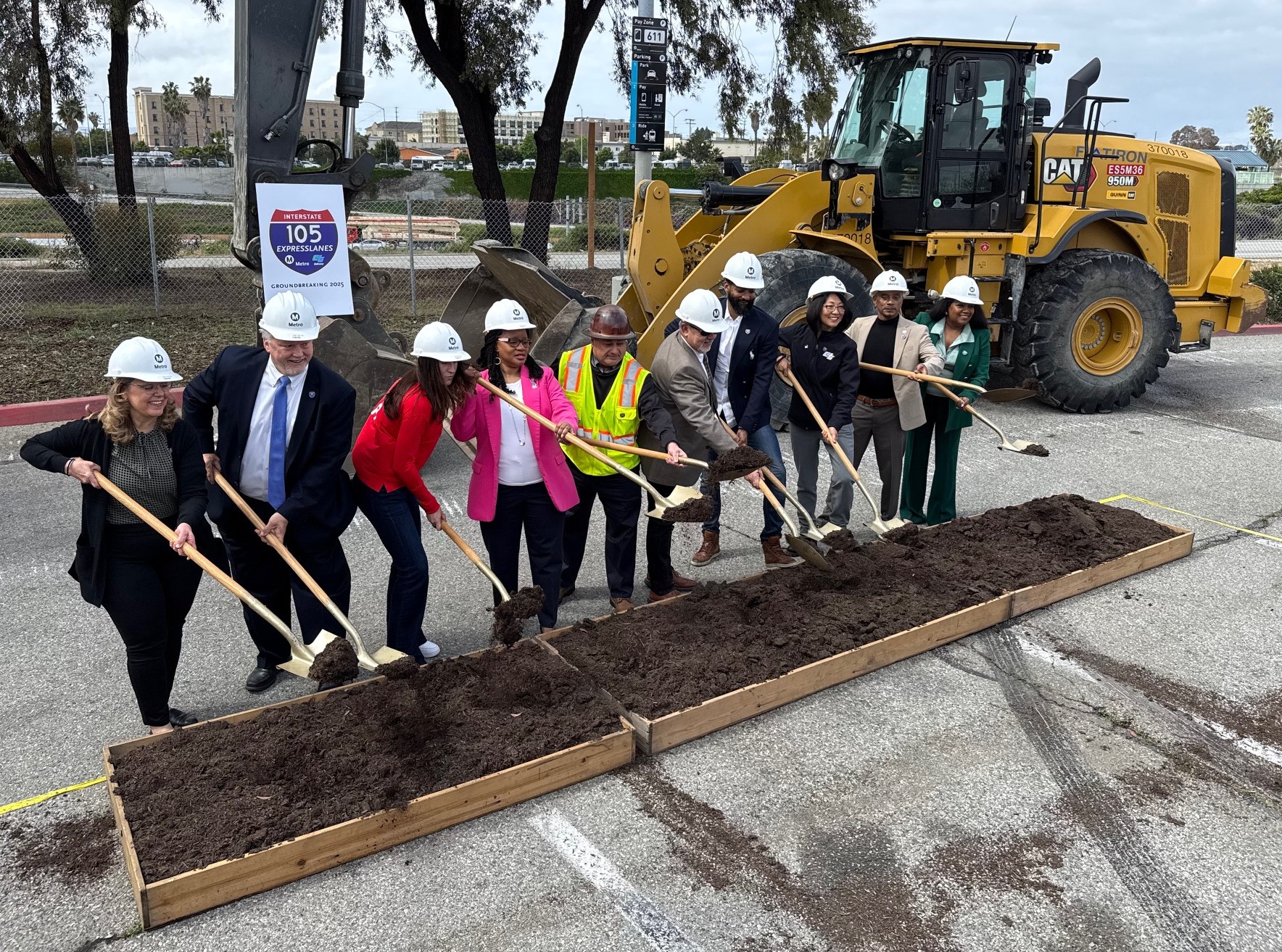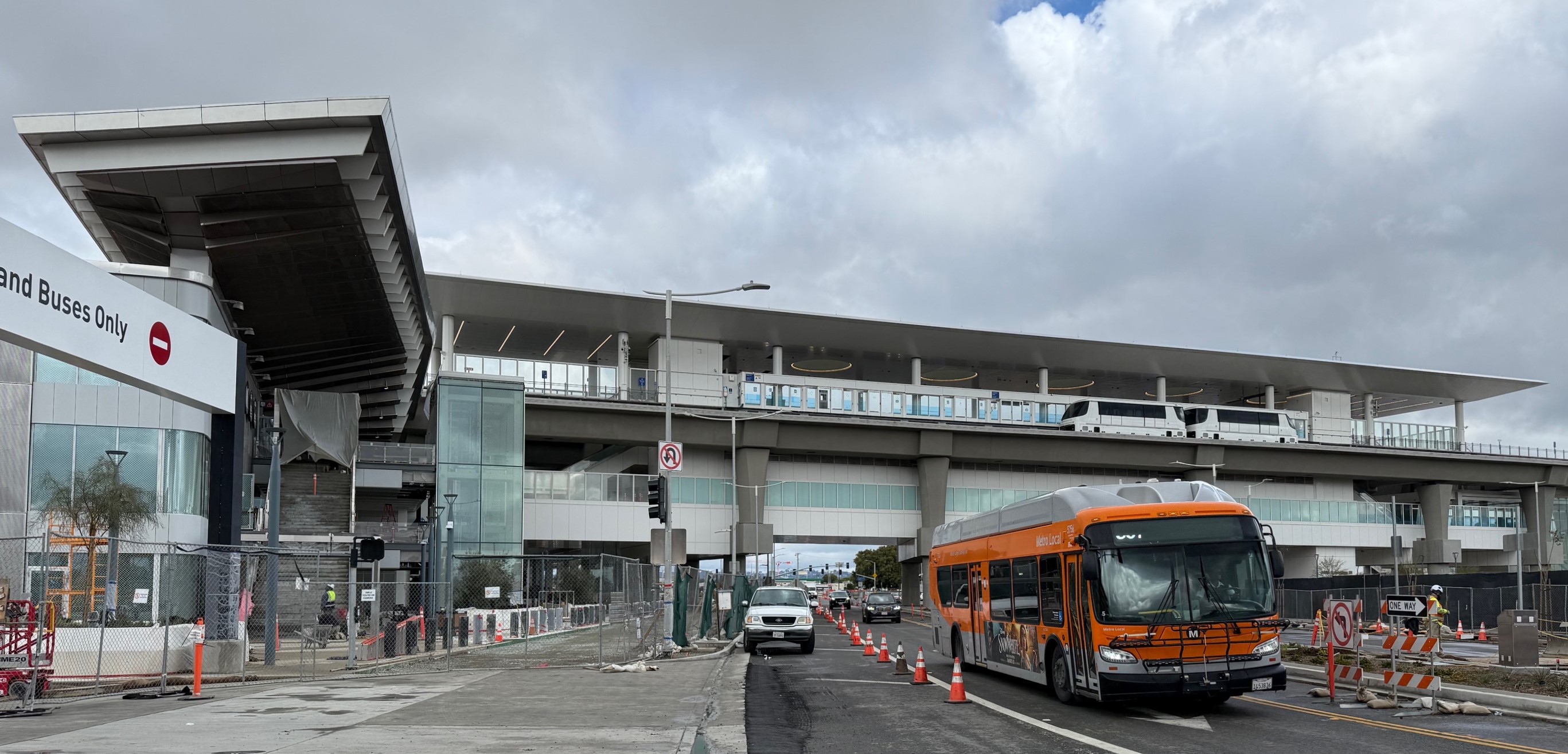PlacesForBikes is a PeopleForBikes program to help U.S. communities build better biking, faster. You can follow them on LinkedIn, Twitter or Facebook or sign up for their weekly news digest about building all-ages biking networks.
Several years from now, one of the country's best downtown bike networks could be in the capital of Iowa.
On Monday, the City Council of Des Moines unanimously approved one of the biggest downtown street transformations United States has seen in years, switching dozens of miles of downtown streets from one-way to two-way, improving hundreds of crosswalks, slowing auto traffic and creating a remarkably dense grid of protected, buffered, and conventional bike lanes.
Here's what the bike network in the center of this pancake-flat city of 215,000 looks like today:

And here's what it'd look like by 2023:

The $33 million Connect Downtown plan is moving forward with the full-throated support of the Greater Des Moines Partnership, an eight-county business coalition that chipped in directly to help fund the planning process.

"We come at economic development from all sorts of angles -- anything and everything that will help, grow, strengthen and diversify the economy in central Iowa," said Meg Schneider, the Partnership's senior vice president of business resources and community development, in an interview Tuesday.
Schneider said the local business community sees the plan as good for attracting talent, boosting retail sales and improving public health and safety.
Will it slow auto traffic? Almost certainly, Schneider said. That's sort of the point.
"Part of the strategy of Connect Downtown is to slow traffic and to right-size the lanes of the road, so folks are subconsciously encouraged to drive the speed limit," she said. "It's great to have cars passing by [your business], but if they're not paying any attention, it's not much good."
Des Moines says it can do all this in a pretty short amount of time

But the most impressive thing about Connect Downtown -- which has yet to identify funding sources, though it offers several specific ideas -- isn't what it'd do.
It's how fast it's supposed to happen. This map marks "short term" projects in green, "medium term" in blue and "long term" in purple.

"Short term" means 2018 and 2019; "medium term" means 2020 and 2021; "long term" means 2022 and 2023.
The secret to that speed: Des Moines isn't actually proposing to rebuild any of its streets. It's just reallocating road space it already has. The biggest cost isn't paint, signs, curbs or posts -- it's adjusting all the stoplights.
More than half of the $33 million estimated cost would go into the first two years of projects, and the "long-term" projects would cost just $2.5 million.
Schneider said the early projects will save money because routine road, sewer and utility work is already planned for many of the streets.
The street network will connect to a huge regional trail system

Though Des Moines' current on-street bike network is nearly "nonexistent," Schneider said, part of a 600-mile regional network of off-street paths runs through the Raccoon and Des Moines rivers just south of downtown.
The new on-street network is deliberately designed to help people comfortable biking on the paths make the final last quarter-mile connection into downtown's commercial and business districts.
"When you have protected bike lanes, it invites a whole new audience to participate," Schneider said. "It opens it up to everyone from age 8 to age 80."
Business leaders have seen similar projects in other neighborhoods work well

Schneider said that once the network is actually being installed and people have to adjust to two-way streets and other changes, she expects a wave of natural skepticism. But so far, Des Moinesers seem enthusiastic, from big companies like Meredith Corporation -- the new owner of Time Inc. is headquartered on one of the affected streets -- to ordinary residents.
"We often would, when we were leaving a meeting, look at each other and say, "That went really great," she said. "And we're kind of waiting for the other shoe to drop, which it never really did."
Schneider thinks it helps that retail business owners have seen similar projects pay off. In 2009, the city restriped Ingersoll Avenue, the main street of a former "streetcar suburb," from five lanes to three plus bike lanes. Retailers protested loudly ... and then saw sales revenue in the area rise 23 percent, Schneider said.
Another old streetcar corridor, the East Village, got parking-protected bike lanes last summer.
"There are those who don't like it," said Chris LoRang, president of the Historic East Village Association and a chiropractic doctor who practices in the area. But he supports it both for the health benefits of walking and biking and for what he feels will be the economic benefits of making the street more pleasant to walk across.
"Cars slow down immediately when they turn onto the street," he said. "People say, 'Wow, this feels like a European street!'"
"I think by and large everyone really embraced it," Schneider said of the new Connect Downtown plan. "We had a lot of heads nodding."






